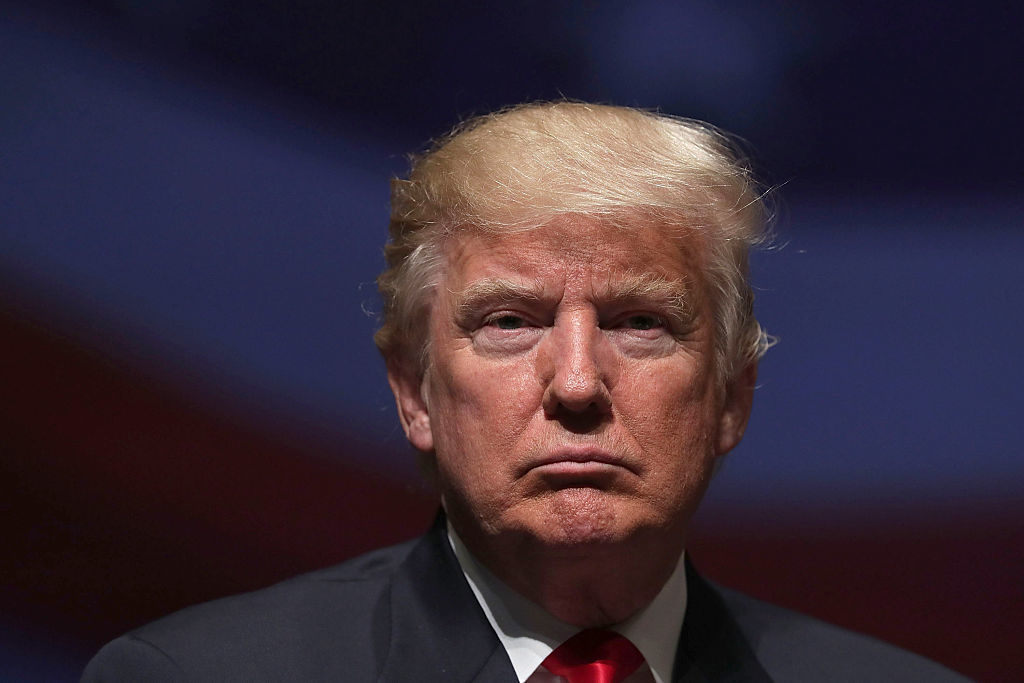May 17, 2017 started out as any other day in Donald Trump’s Washington. Men and women in suits with briefcases walked into work, ready to meet clients or do business. The day, however, proved to be the very beginning of Trump’s troubles, with the appointment of a special counsel to look into allegations of collusion between the president’s campaign and Russian operatives in the Kremlin.
The White House, like everybody else in the country, was caught off guard; Trump found out about the Justice Department’s decision when he was meeting with candidates for FBI Director (Trump threw James Comey out of the building a week earlier). As one administration official told CNN at the time: “It’s still sinking in. We were told about it. Not asked about it.”
One year after former FBI Director and U.S. Attorney Robert Mueller was tasked by his former employer with figuring what President Trump knew about Russian interference and when he knew it, the investigation has turned into a huge problem for the Trump White House. Even the most ardent Trumpists can’t deny the political problems and possible legal jeopardy that Mueller’s probe presents. We are now talking about far more than collusion and obstruction. You name it, Mueller is looking at it: foreign-influenced donors to Trump’s inaugural committee; American relatives of a Russian tycoon giving several hundred thousand dollars to Michael Cohen; possible influence peddling by the president’s private attorney; and Trump’s motivations behind the firing of Comey and the almost-firing of Attorney General Jeff Sessions.
One can easily understand why Trump supporters in the conservative media and across middle America are angry about the course of Mueller’s investigation. When Trump emphatically states that the special counsel’s office is the center of a “witch-hunt” or a “phony,” “made-up” investigation by his political opponents to discredit his 2016 election victory, he means that sincerely.
The problem for Trump is one person’s ‘witch hunt’ is another person’s career collar. The president, who has spent five decades in public life fighting real and perceived enemies in the cut-throat New York real-estate business, is preprogrammed to fight rather than capitulate. The ghosts of Roy Cohn whisper in Trump’s ear nearly every day, and they say: “kill your enemies, show them no mercy.”
That may have worked for Trump in New York. But Washington, D.C. and the Justice Department are different beasts. Spreading innuendo and gossip in the tabloids and threatening civil lawsuits will get a less wealthy competitor to back away, but it doesn’t scare away career prosecutors. Instead, these antics tend to reaffirm a belief that something nefarious is going on and that investigation could very well lead to convictions.
So far, there haven’t been any convictions. But there have been plenty of indictments and guilty pleas. Michael Flynn, Richard Gates, George Papadopoulos have all pled guilty to lying to federal investigators. Paul Manafort, Trump’s former campaign chairman, could be facing life in prison for a variety of financial crimes. Cohen finds himself looking at a menu of criminal charges that may scare him straight and persuade him to flip on his former boss and mentor. Russian oligarchs, meanwhile, are being stopped by Mueller’s team as soon as their private planes land on U.S. soil, stripped of their electronic devices, and questioned about any communication they may have had with a Trump campaign or business associate.
How long will Mueller continue his poking and prodding? Nobody knows. After a year, the real question now is: will Trump end the inquiry or will the inquiry end Trump? Rudy Giuliani may put himself to sleep dreaming that he can use his personal relationship with the special counsel to shut the probe down soon, but Mueller does not appear to be the kind of man who lets the personal get in his way of dragging culprits into the courtroom.
The game of music chairs otherwise known as Trump’s legal team hope Russiagate ends before the midterms this fall. The longer the special counsel’s office is in existence, the more susceptible Trump is to let his strong emotions cloud reason and the more likely he will act on his considerable impulses. Just ask James Comey about that.

























